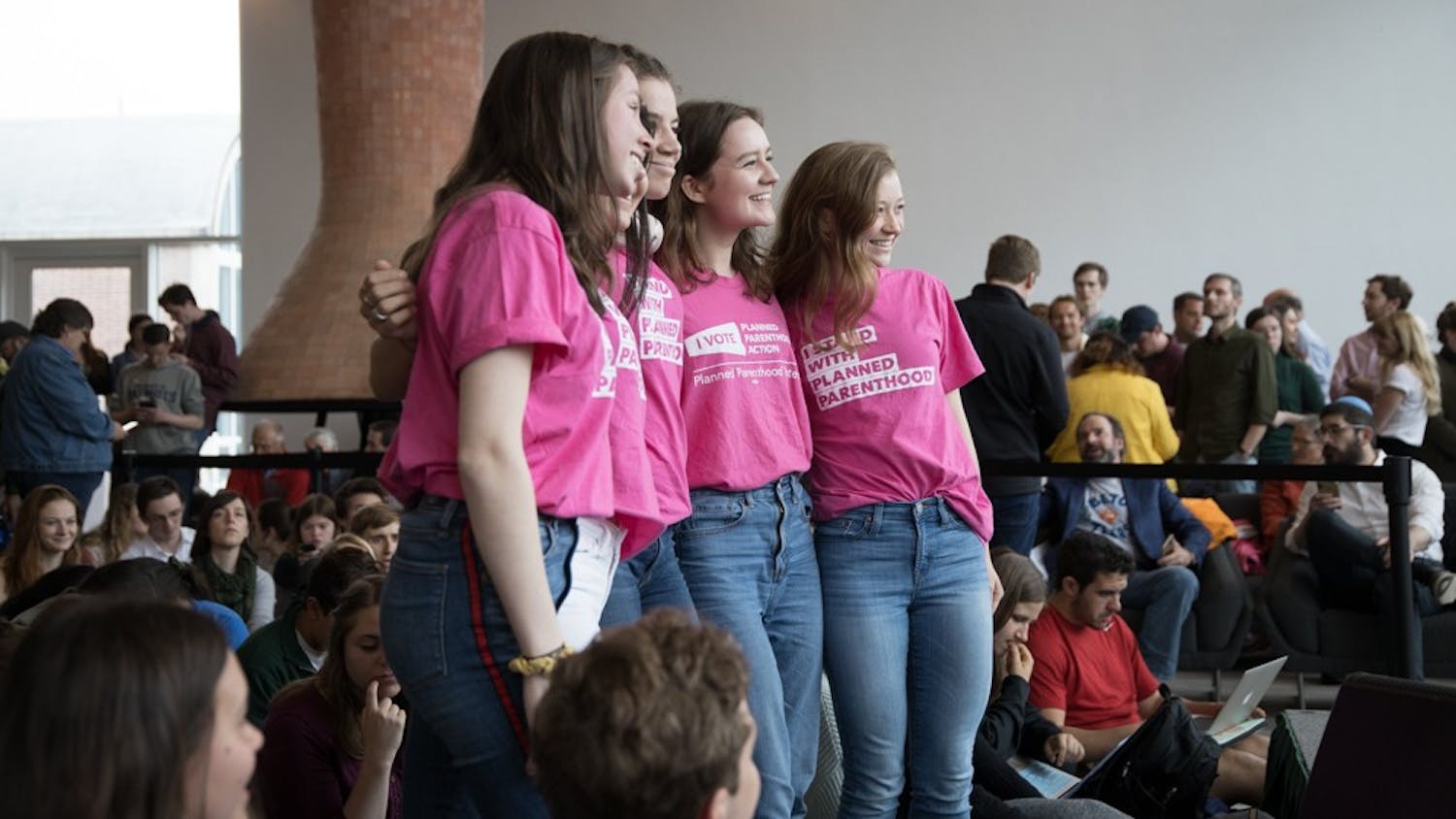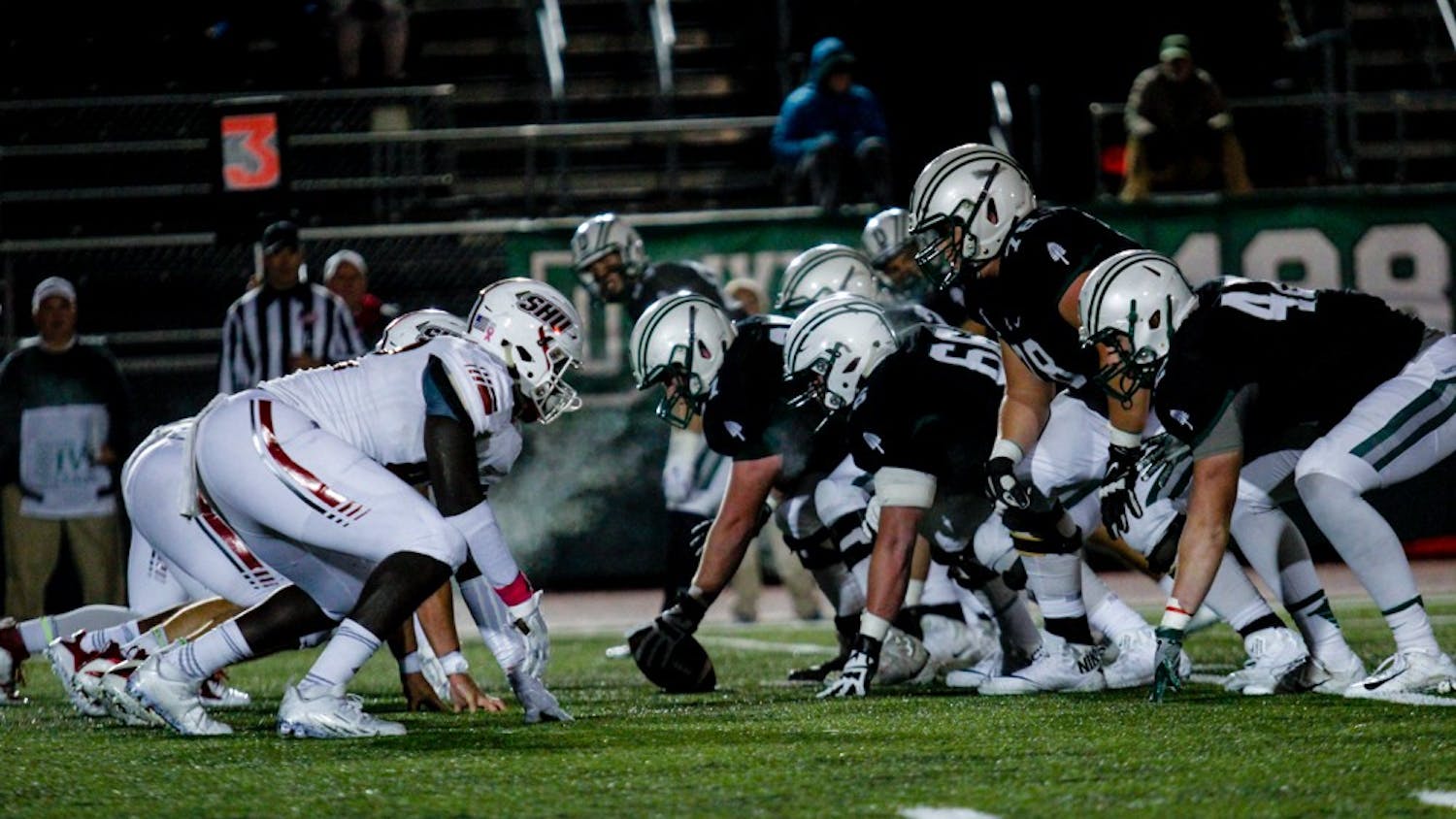When I arrived on campus in the fall of 2016, I became the first student — to my knowledge — from Nevada Union High School to ever attend Dartmouth College. Even if I wasn’t the first, I may as well have been. The comfort and security I knew from growing up in a small town where the kids I graduated high school with had known me for a majority of my years vanished the instance I accepted my offer of admission. The ’20s I had been fortunate enough to know prior to our arrival — namely, two boys I had become friends with at debate camp in high school — provided me with the perfect opportunity to latch onto the safety of familiarity. What I did not realize, however, was that there was a categorical difference between the familiarity I was developing with new people at Dartmouth and that which I had treasured at home.
When I started branching out, albeit extremely minimally, I had no idea what I was doing. What I did know, however, was that I could try to overcome my inherent insecurity by playing along with the conversations I knew how to have with people I did not know very well. I knew how to talk about sports, music, drugs, drinking and how tedious my homework was. I latched on to those interactions because I felt that they provided the littlest room for failure, but I failed to realize that I was really generating the exact opposite experience of what I had loved back home.
I spent the better part of a year and a half not recognizing that all I was doing was going through the motions. These days, I like to refer to this as my period of simulating friendships. We did the “Lou’s Challenge” and skipped our classes like it was an Olympic sport, so I never ran out of man-I’m-so-tireds or god-my-homework-sucks-I’m-not-even-going-to-do-its to throw out when a conversation started to peter out. But for anyone who knew me before Dartmouth, this pattern was baffling. I went from being a straight-A student my entire life to a potential dropout in a few short months, and it didn’t seem like I was going to diverge from that path anytime soon.
But then one day, feeling stagnant and unfulfilled by my acquaintances and home base, I decided to try deliberately spending time with a new set of people. The group was secured by the familiarity of a freshman floormate I knew to be as introverted as I was, but something clicked this time that hadn’t been there before. I found myself openly enjoying things that I had forgotten I loved enjoying around others. I was singing along to songs that were out of my range, I was showing people new things that I was interested in that they would never have encountered otherwise — and I was realizing that I had suppressed those interests and passions. I hadn’t stopped enjoying them; I had just hidden them away for fear of others not understanding what the big deal was.
At no point along the way had it occurred to me that the reason I still felt closer to my friends at home was because they knew me; they knew my history and my fears and my shyness and my nerdiness and my competitiveness and they knew that there were things about me that would stay the same no matter where I went or who I became. But I had forgotten those things. I forgot that I loved caring about my own unique nonsense because I was so afraid of others not sharing my interests that I stopped expressing them to the point where I had completely hidden them from myself. I hid my brain — both my nervousness and my passion — with a twisted cocktail of endless intoxicants and mechanized social habits that were never a part of me to begin with. Worst of all, losing this confidence in my quirks was causing me to lose myself, and by the time they were gone I didn’t know who was left to save.
Fortunately for me, the two people who knew me best were there to step in. My parents, who have given me more than I could ever hope to return, saw that the boy coming back to them during interims was not the one they had watched walk across the stage at his high school graduation, and definitely was not the one who left home so excited to take on a new challenge. Since taking my sophomore winter off to take care of myself and listen to my brain, each term here has been better than the last. But it wasn’t better because of rush, nor solely due to my best friends, 90 percent of whom I share no organizations with. It wasn’t about making more friends, finding courses and classes I enjoyed or clubs oriented around issues I’m interested in.
My past year was so much better than the first two because I recognized the ways that Dartmouth caused me to believe that effacing my differences was the key to surviving here. In fact, it has only been remembering what I left behind that has enabled me to truly enjoy being myself here.



